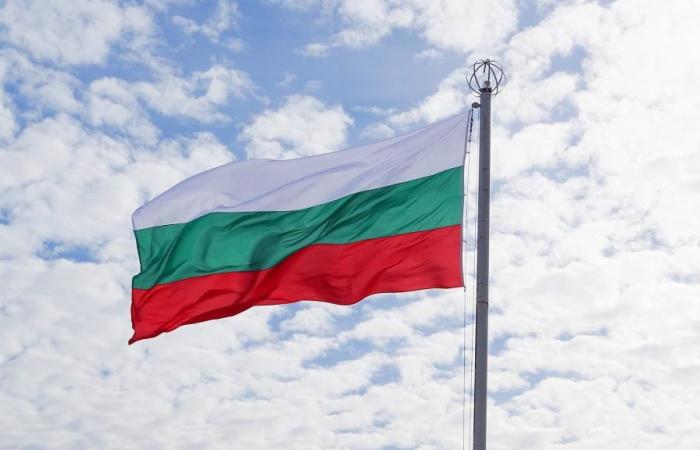This country, a member of the EU since 2007, is expected to be the next to adopt the single currency.
Bulgaria has not yet validated its entry ticket into the eurozone, due to inflation that is still too high, according to two reports published jointly on Wednesday by the European Central Bank and the European Commission.
This country, a member of the EU since 2007, is expected to be the next to adopt the single currency since it integrated the euro zone banking regulatory framework and the European exchange rate mechanism (ERM II) in 2020. a fixed parity system considered as the antechamber of the euro.
But if Bulgaria now has legislation “considered compatible with the rules of the Economic and Monetary Union”, it respects “all the criteria except one” to integrate the euro zone, writes the European executive in a press release to end of a biennial review of the convergence criteria of several countries with a view to accessing the common currency.
In May, the average inflation rate over the last 12 months was 5.1% in Bulgaria, “well above the reference value of 3.3% for the price stability criterion”, specifies the BCE in its report.
Inflation concerns
Certainly, the inflation rate for the month of May alone reached 2.7%, but the ECB expresses “concerns” about the “sustainability of the convergence of inflation” in Bulgaria towards the 2% target which prevails in the euro zone, given “the marked increase in unit labor costs and tensions on labor markets”.
Bulgaria, like other countries studied in the report – Czech Republic, Hungary, Poland, Romania, Sweden – must respect several convergence criteria of the European Treaty – price stability, interest rates, budget deficit, debt and exchange rate stability – as well as the accomplishment of internal reforms.
The current political situation in Bulgaria, left aside in these reports, risks further complicating the situation. After the last legislative elections at the beginning of June, former Prime Minister Boïko Borissov, ousted from power in 2021 after demonstrations against corruption, returned in force but will have difficulty forming a majority to govern.
The convergence report is established every two years but Bulgaria has the possibility of requesting a specific one before the next edition in 2026, with a view to accelerating its accession to the euro.
The green light ultimately depends on the European Council on the basis of the Commission’s recommendation, itself informed by elements transmitted by the ECB.






